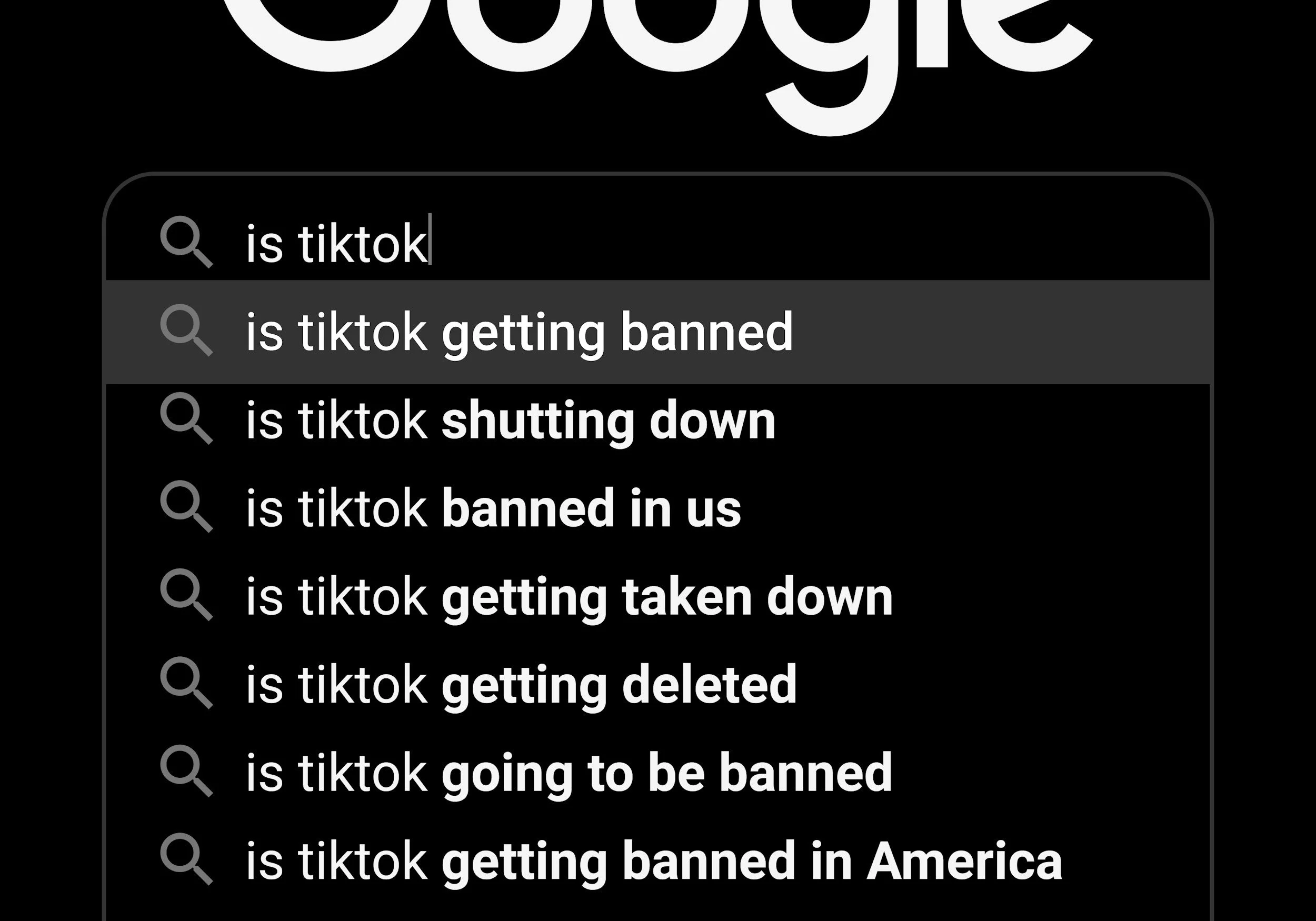The potential Post-TikTok Era: Navigating Music Without the Algorithm
TikTok's impact on the music industry has been monumental, some may argue for better or worse. From creating viral hits to shaping global music trends, the platform has become a tool for artist discovery and chart success. Yet, with the looming possibility of a TikTok ban in the U.S., one question arises: how will this reshape the music landscape?
If the TikTok ban were to go ahead (A recent executive order delayed the sale of Chinese-owned TikTok for 75 days), we could see a return to traditional promotional music methods. Alongside current music streaming platforms, perhaps radio play, once the dominant avenue for discovery, could regain prominence as artists seek alternative ways to reach audiences. While Australian artists still rely on Triple J and Unearthed, a ban on TikTok in the U.S. may mean losing a connection to their international audiences. Touring and live performances might also retake centre stage, emphasising the value of direct engagement with fans. As The Guardian notes, radio and streaming services may take up more of the discovery role that TikTok has dominated, potentially returning focus to more conventional channels (The Guardian).
Record labels may also need to adapt their strategies. Without TikTok’s algorithmic power to boost unknown artists careers, labels may need to invest more heavily in artist development and a return to a ‘360’ marketing plan (Variety). The Music Network notes that such a shift could increase the reliance on traditional tools like music videos, radio promotion, and comprehensive PR campaigns (The Music Network).
For emerging artists, TikTok’s absence poses a challenge. The platform has served as a critical equaliser, allowing unsigned acts to reach large local and international audiences without major label support. Losing that outlet may narrow the pool of breakout artists, shifting focus back to established artists (Variety). On the other hand, this may counteract criticism that the industry has prioritised signing artists with large followings on social media or booking artists for their social media following and not ‘talent’ (Happy Tuesdays).
Beyond changes in music promotion, a TikTok ban could reshape music creation and consumption. While the platform has democratised music discovery (albeit focusing on 30-60-second sound bites), it has also faced criticism for promoting a homogenised sound dictated by its algorithm. A ban might encourage artists to explore more diverse and experimental sounds, free from the pressure to create a viral 30-second hook. The Music Network suggests this could spark new creativity, with artists rethinking how they connect with audiences and craft their music (The Music Network). Artists have already moved towards newsletters and Patreon as examples of new ways to engage audiences (see for example: Montaigne and James Blake)
In a post-TikTok world, new platforms and discovery methods could emerge. While these alternatives may not replicate TikTok's current cultural dominance, they might foster a new frontier of creation. Whether the industry leans into these changes or clings to established practices remains to be seen.
Ultimately, the potential TikTok ban is a pivotal moment for the music industry. While it could challenge how artists break through and fans discover music, it also presents opportunities for creativity, innovation and reinvention. Whether this leads to a return to traditional methods or entirely new models of music consumption, one thing is certain: the music industry will continue to adapt and evolve alongside technology.


